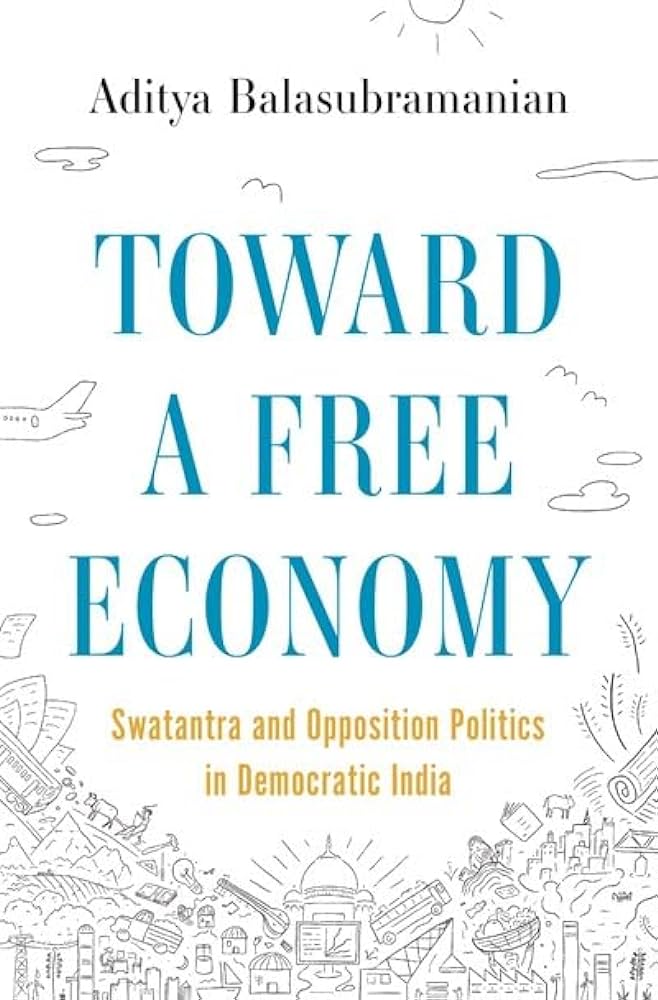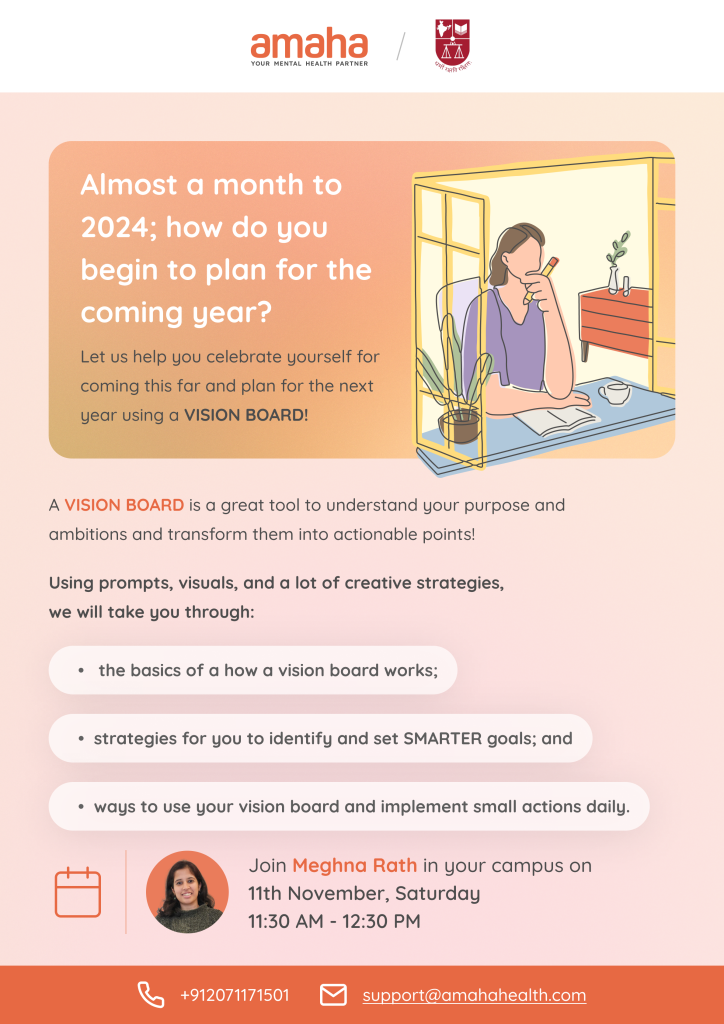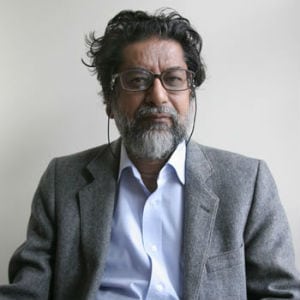Welcome to CLAT 2024!
The Common Law Admission Test (CLAT) is a national level entrance exam for admissions to undergraduate (UG) and postgraduate (PG) law programmes offered by 22 National Law Universities around the country. CLAT is organized by the Consortium of National Law Universities consisting of the representative universities.
Instructions for Candidates
- CLAT 2024 examination will be held on December 03, 2023 (2:00 P.M. to 4:00 P.M). The duration of the test is two hours.
- Candidates shall be allowed to leave the Test Centre only after the test is over.
- Candidates shall not be permitted to enter into the examination hall after 2:15 P.M.
- Candidates must enter the NLSIU campus through Gate 1.
- Entry and exit for vehicles at Gate 4.
- Parking facility for vehicles is available in the football ground. Entry (at Gate No. 4) for parents/guardians of candidates shall be limited to the football ground.
- Candidates must show their Hall Ticket /Admit Card to enter the Test Centre.
- Candidate’s Admit card and Govt-issued Photo ID proof will be verified at the test centre.
- Candidates are requested to follow the queue and the markings outside the gate.
- Candidates may view – Notification on CLAT 2024 UG and PG Admit Cards.
- For other test related instructions, you may check:
for PG Candidates: https://consortiumofnlus.ac.in/clat-2024/notifications/Test-Day-Instructions.pdf
for UG Candidates: https://consortiumofnlus.ac.in/clat-2024/notifications/Test-Day-Instructions.pdf
Test Centres in Karnataka
● National Law School of India University, Bengaluru
● St. Joseph’s College of Law, Bengaluru
● Dr. Ambedkar Institute of Technology, Bengaluru
● JSS Law College, Kuvempunagar, Mysuru
● SDM Law College, Mangaluru
● Karnataka State Law University (KSLU), Hubli
Important Dates
1 July, 2023 – Applications Open
10 November, 2023 – Last Date for receiving applications
12 November, 2023 – Last Date to edit test centre preferences and corrections
3 December, 2023 – CLAT 2024 Exam Date
How to get to NLSIU?
If you need help in reaching our campus, please click here
For other details on CLAT, please visit https://consortiumofnlus.ac.in/clat-2024/

 This Thursday’s public lecture will feature a conversation between faculty member Sushmita Pati and Aditya Balasubramanian, author of the newly released book, Toward a Free Economy: Swatantra and Opposition Politics in Democratic India (Princeton University Press, 2023). The conversation will be followed by a Q&A session.
This Thursday’s public lecture will feature a conversation between faculty member Sushmita Pati and Aditya Balasubramanian, author of the newly released book, Toward a Free Economy: Swatantra and Opposition Politics in Democratic India (Princeton University Press, 2023). The conversation will be followed by a Q&A session. The University along with the mental health organisation Amaha is organising a workshop on ‘Emotional Wellbeing’ this Saturday, November 11, 2023. The workshop is open to students currently in leadership positions and anyone else who is interested to learn more about vision boards.
The University along with the mental health organisation Amaha is organising a workshop on ‘Emotional Wellbeing’ this Saturday, November 11, 2023. The workshop is open to students currently in leadership positions and anyone else who is interested to learn more about vision boards. About the Speaker
About the Speaker